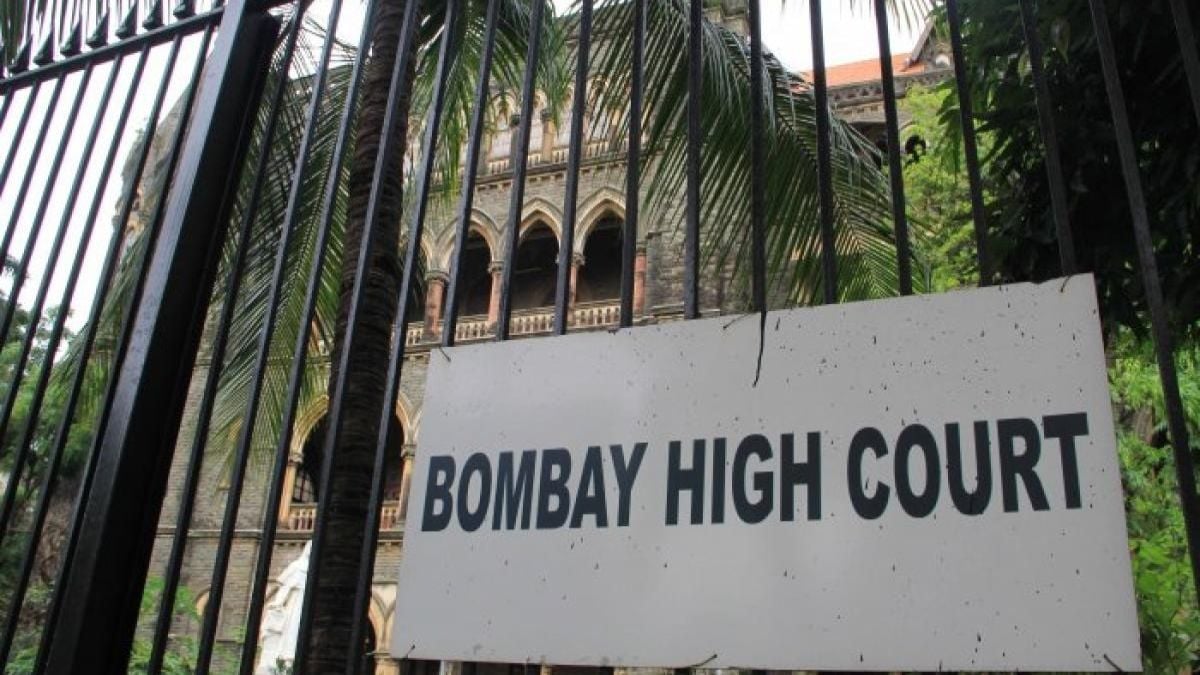The Bombay High Court has stayed an order by the Bar Council of India (BCI) suspending the license of a Mumbai-based female advocate following a complaint filed by some members of the Advocate Association of Western India (AAWI).
A division bench of Justices Girish Kulkarni and Advait Sethna questioned the actions of the BCI and the Bar Council of Maharashtra and Goa (BCMG) in handling the complaint, observing that principles of natural justice were disregarded.
“The nature of the impugned order certainly entails civil consequences, as it has the effect of taking away the source of livelihood of the petitioner, who is an Advocate having a standing of 24 years,” the bench noted in its January 22 order.
The judges stressed that both “substantive fairness” and “procedural fairness” were essential but found both lacking. They pointed out that the advocate was served affidavits regarding the complaint on the same day as the hearing, leaving her no time to respond. “The principles of natural justice appear to have been thrown to the winds… astonishingly, on the same day, the impugned order is stated to have been passed,” the bench observed.
The case concerns a BCI order dated April 14, 2024, suspending the advocate’s license for two years over a 2016 incident. The complainants alleged that the advocate, though not a formal AAWI member, used its facilities without permission and threw their case briefs on the floor in Room 18 of the Bombay High Court. However, the complaint was filed only on September 8, 2017, more than 18 months after the alleged incident.
The court noted inconsistencies in the handling of the case. The AAWI itself did not file a complaint, and there was no clarity on whether the association was even aware of the incident. Despite the delay in filing the complaint, the BCMG kept it pending for years before transferring it to the BCI, leaving the advocate uninformed about jurisdictional changes. “A party to the proceedings being not informed of the jurisdictional authority… is fatal to all norms of fairness,” the judges said.
The bench also considered the advocate’s argument that the complaint was a retaliatory measure linked to proceedings initiated by her against certain advocates. It found this contention “relevant” in assessing the complainants’ motivations.
The judges were critical of the BCMG’s prolonged inaction and questioned whether the transfer to the BCI was deliberate, considering the “background and peculiar facts of the case.” They concluded that the advocate’s constitutional rights under Articles 14, 19(1)(g), and 21 were violated, granting interim relief by staying the suspension of her license.
